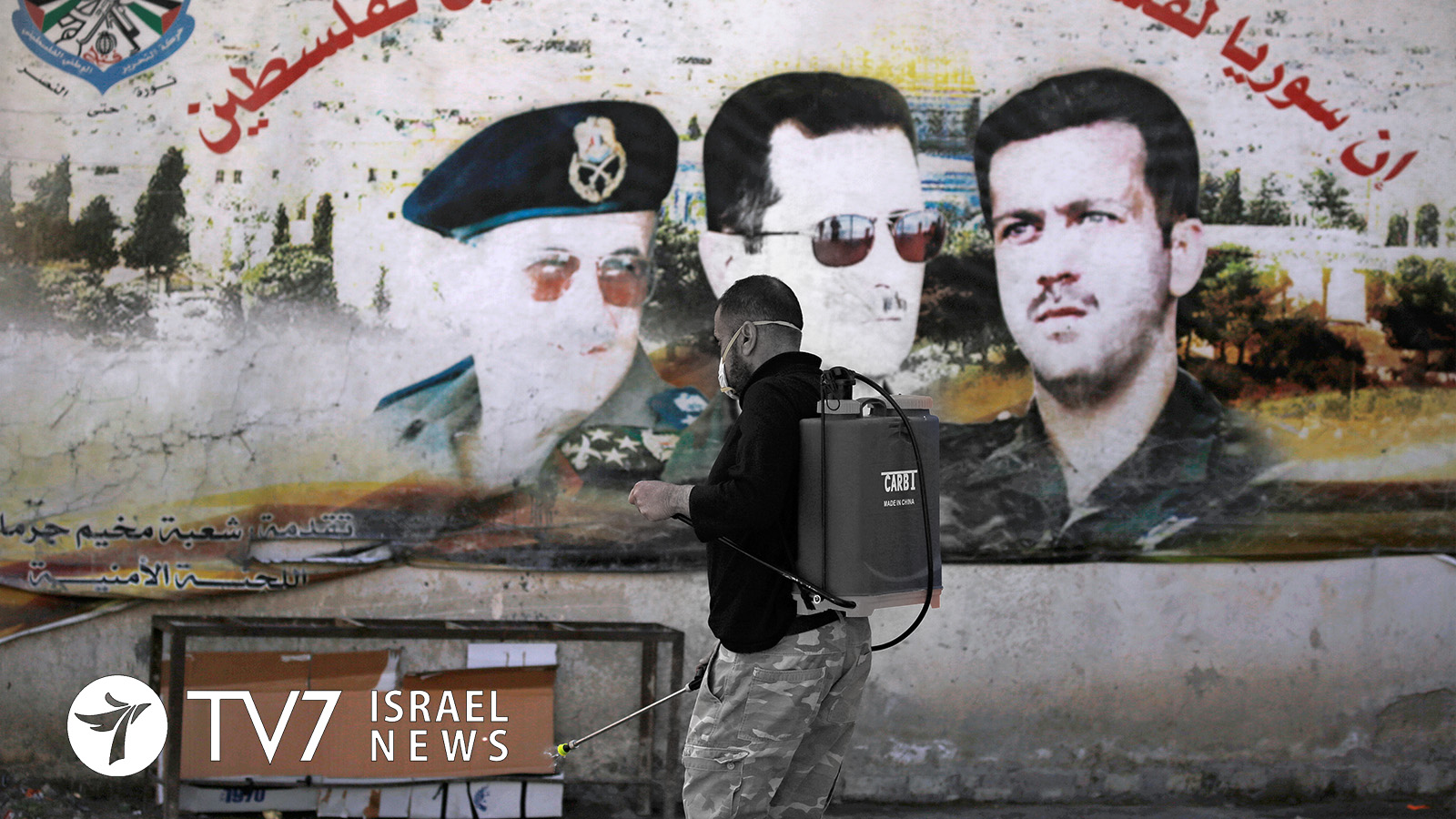Displaced Syrians are reportedly leaving the crowded refugee camps near the Turkish border and have begun to return to their homes in fear of catching coronavirus.
109,714 civilians who had been forced to flee their homes after bombardments by the regime of Syrian President Bashar al-Assad and its allies have gone home since a fragile ceasefire came into effect on 6 March, according to Reuters. More people have been leaving the crowded camps in recent days in attempts to avoid catching COVID-19.
The Idlib Province, part of the last rebel stronghold, were filled yesterday with vehicles loaded with people and their possessions. Health workers checked the body temperatures of many of those stuck in the resulting traffic jams.
The United Nations delivered thirty-four more truckloads of humanitarian aid to Idlib city yesterday, passing through the Cilvegozu Border Gate in Turkey’s Reyhanli district of Hatay. The supplies will be distributed to people struggling to survive in Idlib and other rural areas nearby.
Idlib has been covered by several cease-fire deals since late 2018, that have frequently been violated by the Assad regime and its Iranian and Russian allies. The most recent agreement for a cessation of hostilities was reached between Turkish President Recep Tayyip Erdogan and his Russian counterpart Vladimir Putin, that included a so-called security corridor that will stretch 6 kilometers both north and south of the strategic M4 highway.
With a health system ravaged by almost a decade of civil war, it is widely feared Syria will not be able to contain the coronavirus. There is reportedly only a single polymerase chain reaction (PCR) machine in all of Idlib, which is also the only device in areas outside of Syrian government-control capable of detecting the disease.
The country is currently believed to have a civilian population of 4 million people, including hundreds of thousands displaced in recent years by regime forces throughout the war-weary country. It has been locked in a vicious civil war since early 2011 when the Assad regime cracked down on pro-democracy protesters. Hundreds of thousands of people have since been killed and more than 10 million others displaced, according to UN officials.
The Health Ministry has confirmed a total of only 25 COVID-19 cases and two deaths. Five patients are said to have fully recovered from the virus, including 20-year-old medical student Ali Jahjah, who is believed to have been infected while studying in the Iranian city of Qom. Upon his return to Syria, he was treated in a medical isolation center in Damascus. Jahjah told Reuters via a Skype interview that he helped to overcome the disease by remaining as calm as possible, because “fear makes the immune system weaker and puts pressure on the respiratory system.”
Officials say there are 450 isolation rooms currently equipped to receive patients. The Ministry conducts between 100-200 coronavirus tests daily, with plans to increase that number.
